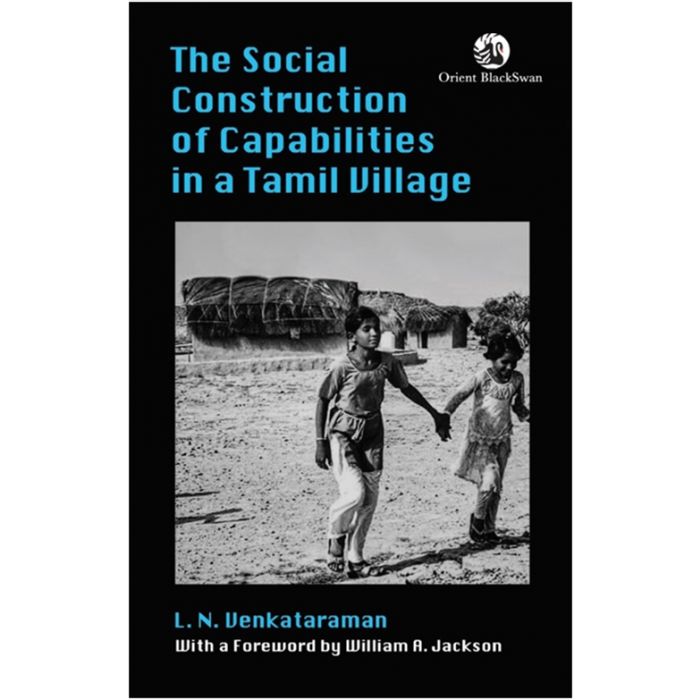The Social Construction of Capabilities in a Tamil Village
Is an equitable distribution of opportunities possible within a stratified social system in which caste-based socio-economic privileges are inherited and social mobility constrained? The Social Construction of Capabilities in a Tamil Village answers this question by analysing the intersections between caste, class and education, and argues that capabilities—that is, the competence or life skills one acquires through education—are socially constructed and not an inherent trait of the individual.
In the 1960s, renowned sociologist André Béteille conducted social anthropological fieldwork on caste, class and power in a south Indian village pseudonymously named Sripuram in Tamil Nadu. Revisiting the same village five decades later, this book studies caste, class and education across diverse social groups, and especially among the educated unemployed or underemployed youth. Through interviews and everyday interactions with the residents of Sripuram, the author studies the complexities of deprivations and coping strategies of the poor within their socio-economic spheres.
Exploring tensions inherent within the caste system, this intersectional perspective has broad significance for the global discourse on development on India. This book will interest sociologists, public policy analysts and development experts.
L. N. Venkataraman is Assistant Professor, Department of Policy Studies, TERI School of Advanced Studies, New Delhi.
Foreword by William A. Jackson
- Introduction
- The Complexities of Poverty
- Intersectional Implications of Capabilities Formation
- Education Quality, Employability and Capabilities
- Poverty and Education in Sripuram
- Adaptive Preferences and the Social Construction of Capabilities
- Capitals and Capabilities
- Social Change in Sripuram
- Conclusion
Appendix I: A Note on the Framework
Appendix II: Reflections on the Method
Annexures
Bibliography
Index

